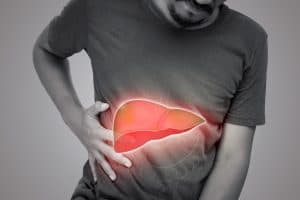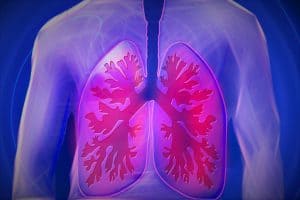
NICE recommends at-home treatment for spinal muscular atrophy
pharmafile | November 19, 2021 | News story | Medical Communications |
NICE has recommended risdiplam as treatment for the rare genetic disorder, spinal muscular atrophy, as part of a managed access agreement (MAA). This life-changing drug will improve mobility in children and adults, and is due to be made available via the NHS, chief executive Amanda Pritchard has announced.
Around 1,500 people with the disease in England are set to benefit from the treatment, called risdiplam, which does not involve an injection and can be taken at home.
The MAA is a special arrangement between NHS England, NHS Improvement, and Roche (manufacturers of risdiplam). It will allow people to access treatment with risdiplam, while more data is collected to address the uncertainties identified by the independent NICE committee.
SMA is a progressive neuromuscular condition affecting the nerves in the spinal cord controlling movement. This leads to muscle weakness, progressive loss of movement, and difficulty breathing and swallowing.
It can be grouped into five main types (types 0 to 4) based on the age of onset and the maximum motor function reached. Type 1 SMA is one of the most severe forms of SMA and patients with it usually die before the age of two if it remains untreated, due to respiratory failure.
NHS chief executive Amanda Pritchard said: “In the last three years the NHS has revolutionised care for people with Spinal Muscular Atrophy, by securing access to a trio of innovative treatments – Spinraza, Zolgensma and now Risdiplam – whereas three years ago clinicians had no effective medicines at all.
“SMA is a cruel disease and the leading genetic cause of death among babies and young children, which is why NHS England has been determined to make this treatment available to people as soon as possible to help transform the lives of patients and their families.
“It is yet another example of the NHS leading the way in securing access to the newest and most innovative treatments and therapies available for patients, not only for those with rare genetic conditions, but in all areas including fighting cancer and Covid19 in line with the NHS Long Term Plan”.
Lina Adams








